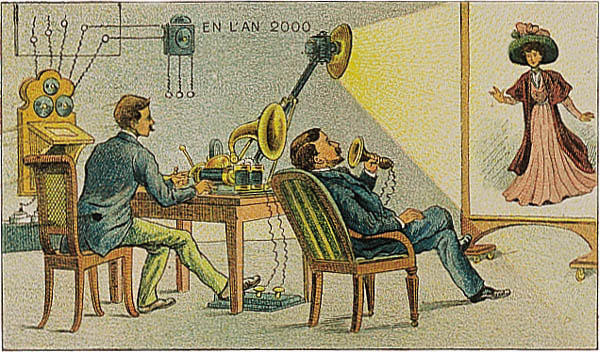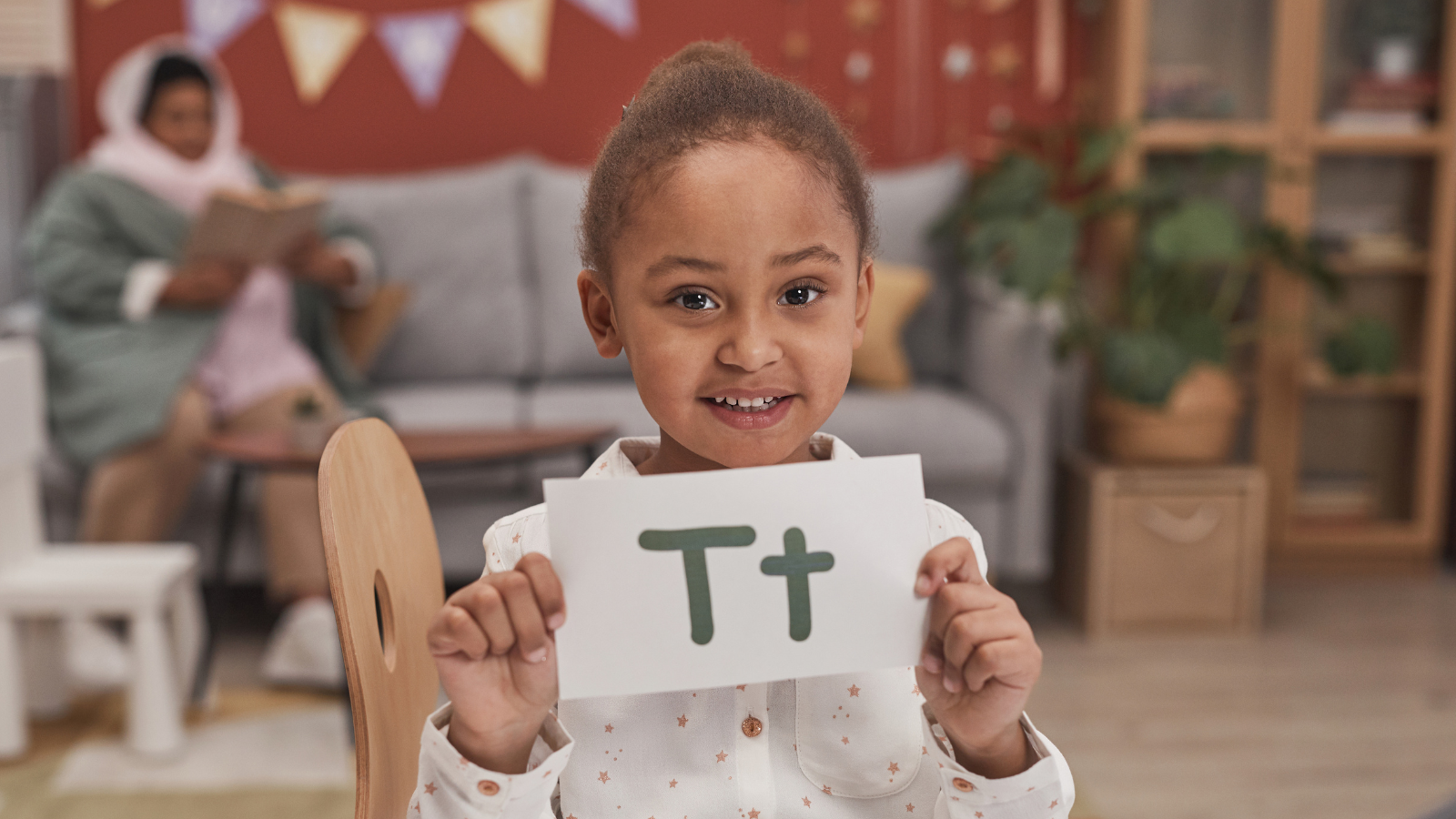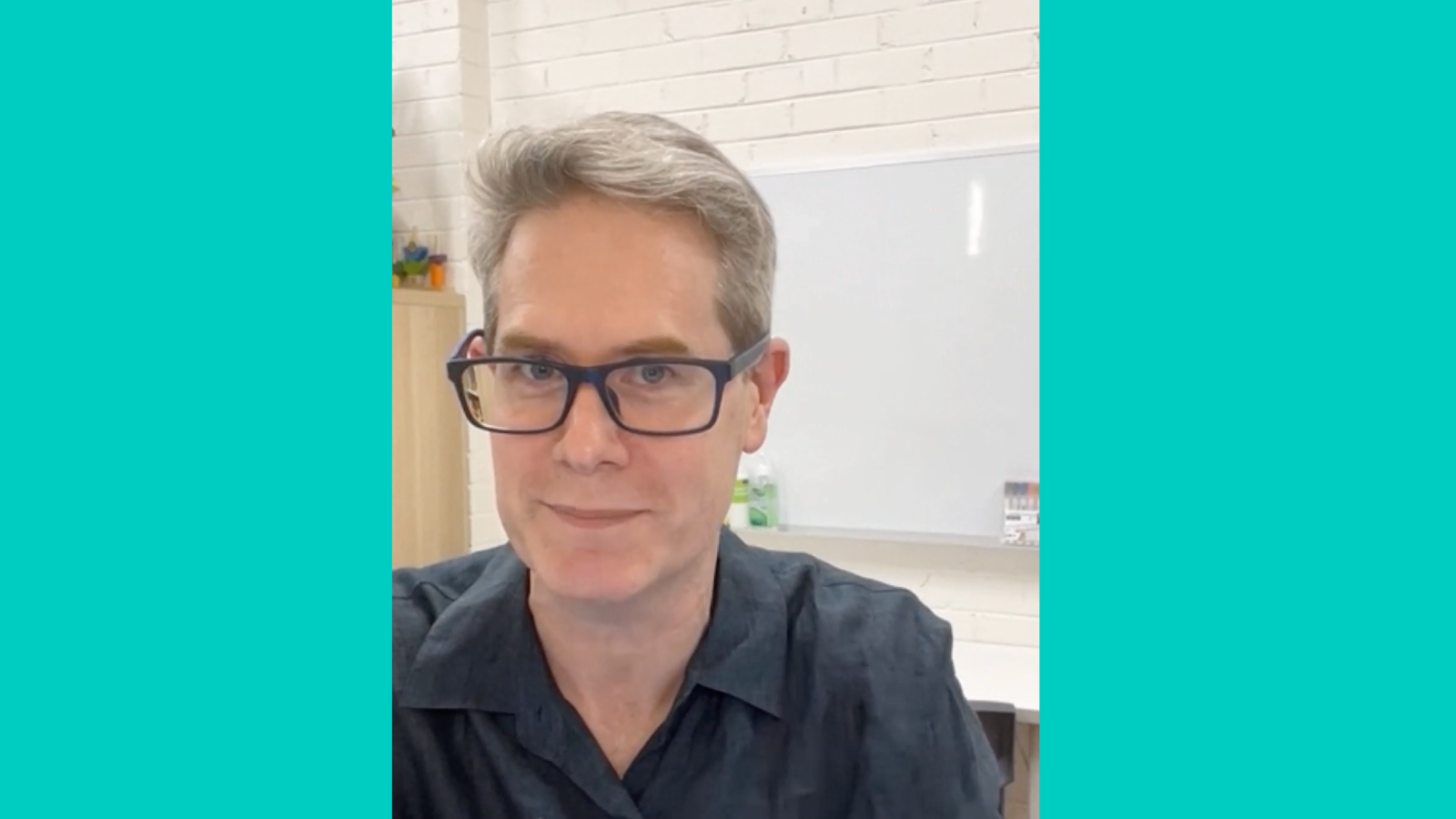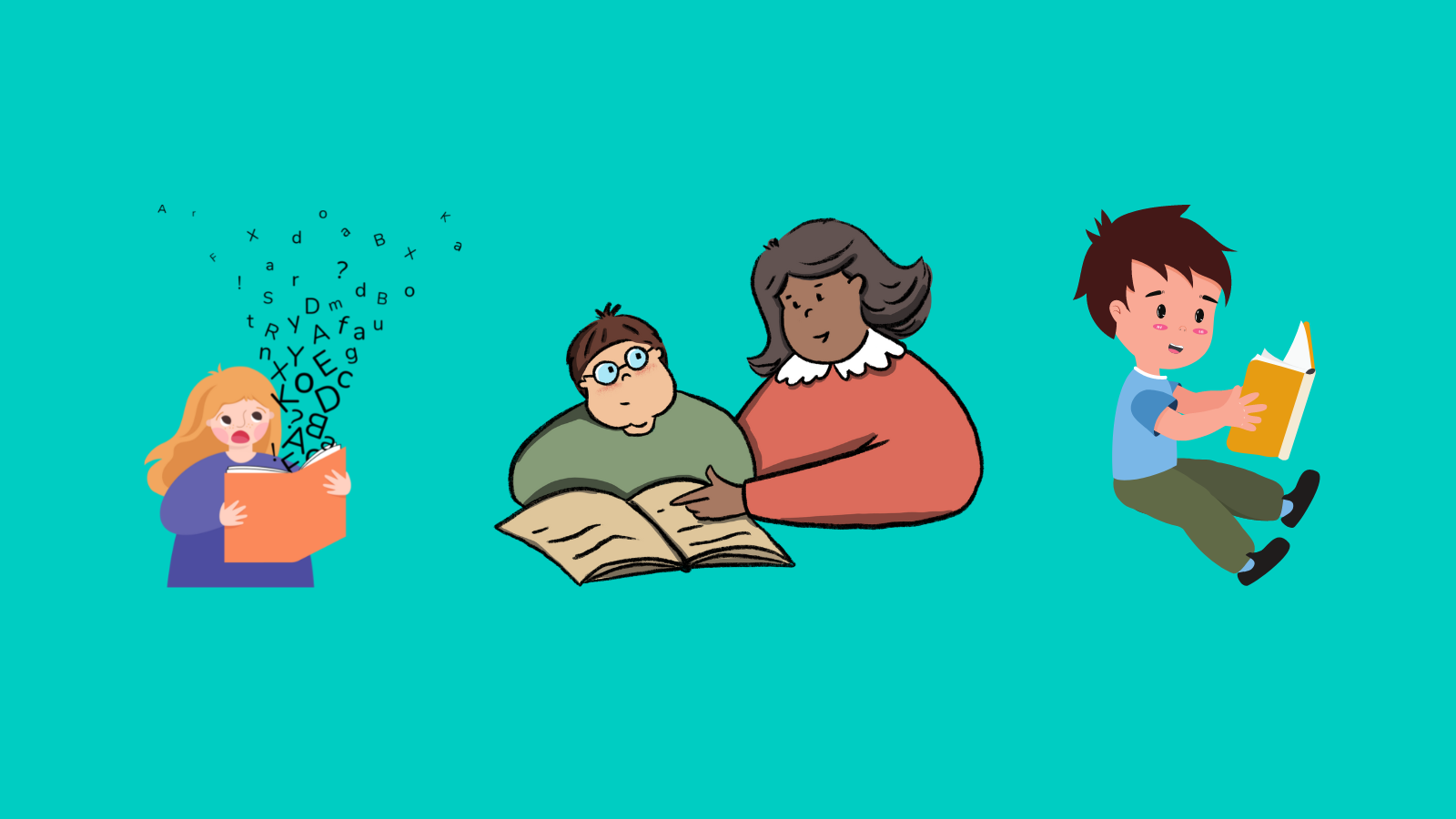Speech Talk 4: Rupal Patel – Prosthetic Voices for people with severe speech problems
For a couple of years, I worked in Sydney for a Hong Kong-based business. All my clients were based overseas and I spent most of my day bellowing into my phone. I’m quite the chatterbox and, on an average day, would utter thousands of words (many of them polite).
One day, I woke up without my voice. Although a ‘minor inconvenience’, I assumed I’d be okay with email, instant messaging, texting and all the other wonderful communication tools at my fingertips.
I was wrong. After hours of trying unsuccessfully to persuade, cajole, debate, explain and negotiate without speaking, I went home, deflated and exhausted. Without a voice, I felt as if no-one was listening to me.
My voice – unique as a fingerprint – is a crucial part of who I am. Without it, I struggled to connect with others. More significantly, I didn’t feel like me and lost all confidence in what I was saying. That’s one reason voice disorders – even mild and temporary problems like laryngitis – can be so devastating to your sense of identity.
Now imagine what it’s like for people who have never had a unique voice. People who might have “a voice”, thanks to great apps like Proloquo2go and Sonoflex, but who share it with thousands of other people with disabilities. Imagine a 6 year old girl and a 45 year old man conversing while using the same computer-generated voice.
It’s that scenario that led speech communication and computer science professor Rupal Patel to found VocaliD, an organisation that “extracts acoustic properties from a target talker’s disordered speech (whatever sounds they can still produce) and applies these features to a synthetic voice…created from a surrogate voice donor who is similar in age, size, gender, etc. The result is a synthetic voice that contains as much of the vocal identity of the target talker as possible yet the speech clarity of the surrogate talker..”
It’s a simple – and brilliant – idea which Professor Patel explains here:
Professor Patel’s research changes people’s lives. And we can all contribute. Are you willing to donate 2-3 hours of speech to give someone access to their own voice?

Hi there, I’m David Kinnane.
Principal Speech Pathologist, Banter Speech & Language
Our talented team of certified practising speech pathologists provide unhurried, personalised and evidence-based speech pathology care to children and adults in the Inner West of Sydney and beyond, both in our clinic and via telehealth.








